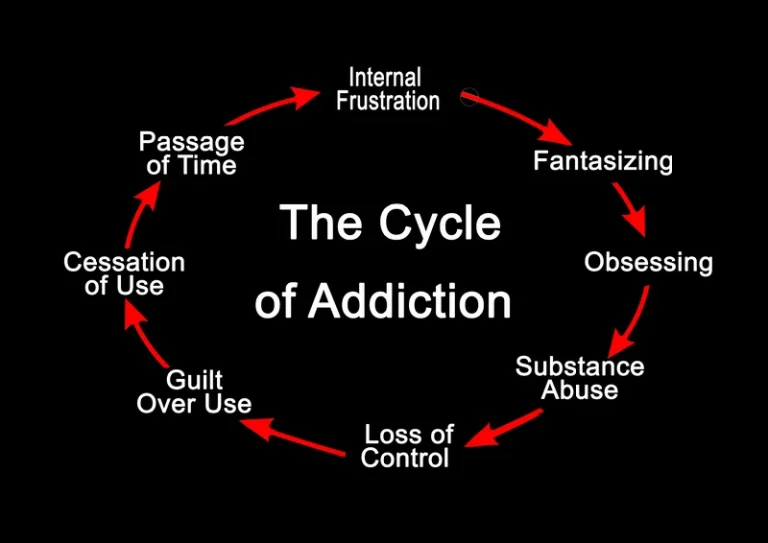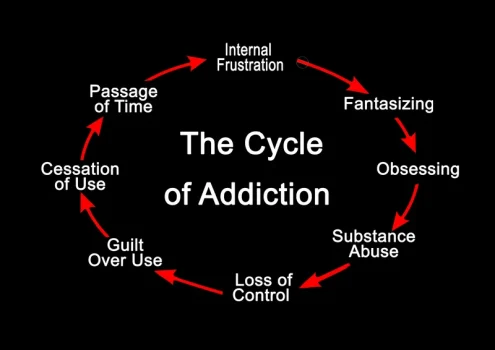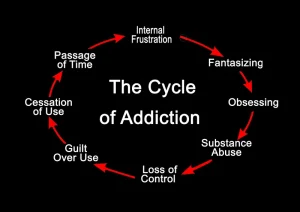
As the Mayo Clinic explains, the antioxidants may help prevent blood clots, lower cholesterol, and prevent damage to blood vessels. No, all types of alcohol have the potential to cause blood vessels to widen temporarily. However, it’s important to remember that excessive alcohol consumption can have negative effects on your health regardless of the type of alcohol consumed. Exercise helps to improve circulation by getting the blood flowing throughout the body. Aim for at least 30 minutes of moderate-intensity exercise each day, such as brisk walking, cycling, or swimming. When it comes to the relationship between alcohol and blood clotting, numerous studies and research findings have shed light on this subject.
Why did doctors recommend that people take aspirin to prevent cardiovascular disease?
This suggests that alcoholic beverage type may be an important mediator, because in countries such as Russia, spirits are the alcoholic beverage of choice. However, the negative associations between alcohol consumption and CV outcomes in these countries also may relate to pervasive patterns of binge drinking (Leon et al. 2009). The way in which alcohol consumption has been measured and categorized varies, sometimes making it challenging to compare data among studies. More studies today report alcohol consumption in terms of either “drinks” or grams/units of ethanol per day or week, and alcohol consumption is measured by self-report. Most investigators also define the amount of alcohol that constitutes a “standard” drink as 12 to 15 g (with only slight variation). Drinking alcohol when we have a blood clot is risky and generally not recommended, especially if we take blood thinners — medications designed to thin our blood to prevent clots.
Alcohol and Blood Clots: What’s the Connection?

Your healthcare provider also prescribes you the correct dosage for you depending on a number of factors. The effects of alcohol may be similar to blood thinners, but you should not replace your medication with alcohol. While moderate alcohol use can work as a blood thinner, heavy alcohol intake and binge drinking can have very serious consequences. The quick answer to this question is yes, alcohol does act as a blood thinner. Drinking a moderate amount of alcohol can help prevent blood clots and reduce the risk of a heart attack, but there are a few risks as well. Both alcohol and blood thinners independently contribute to blood thinning.

What is holiday heart?
The only way to eliminate the risks of combining alcohol and blood thinners is to avoid alcohol completely. However, if you do choose to drink, do so in extreme moderation—1 drink per day for women and does alcohol prevent blood clots 2 drinks per day for men—and be very careful. You should also closely follow your doctor’s instructions for taking blood thinner medication. Let your doctor know right away if you experience any signs of bleeding problems. You should also closely follow your doctor’s instructions for taking blood thinner medication. Although results related to levels of alcohol consumption and stroke events are less clear, some conclusions can be drawn.

- Exercise helps to improve circulation by getting the blood flowing throughout the body.
- Reframe supports you in reducing alcohol consumption and enhancing your well-being.
- Moderate alcohol use is generally safe while taking most blood thinners.
To ensure the optimal effectiveness of blood thinners, it is advisable https://ecosoberhouse.com/ to follow the prescribed dosage and avoid excessive alcohol consumption. If you have concerns or questions regarding the interaction between alcohol and your specific blood thinner, consult with your healthcare provider. Atherothrombosis and VTE share common risk factors and the pathophysiological characteristics of inflammation, endothelial injury, and hypercoagulability. However, previous studies had nonconclusive results between alcohol abuse and VTE.11–13 The enrollment of different beverages and varies alcohol consumption habits may cause the inconsistent results. While medications such as blood thinners can be effective in reducing the risk of blood clots, lifestyle changes can also play an important role.

- But if you have any of these risk factors and you also abuse alcohol, your risk for developing blood clots is even higher.
- In addition, there was no evidence of nitrative damage in mice bred to disrupt (i.e., knock out) the gene for angiotensin I receptor (AT1-KO) that had been given ethanol for a similar length of time (Tan et al. 2012).
- This constriction can potentially contribute to the development of conditions such as hypertension and peripheral artery disease.
- The Centers for Disease Control and Prevention (CDC) defines moderate drinking as up to one drink per day for women and up to two drinks per day for men.
- A typical adult consuming the defined number of standard drinks for binge drinking would reach a blood alcohol concentration of 0.08 in about 2 hours (NIAAA 2015b).
However, additional studies are warranted to clarify the association between AI and VTE. Heavy alcohol consumption can also lead to accidents, mental health issues like depression, risky sexual Twelve-step program behaviors, and liver disease. Having more than three alcoholic beverages a day can put you at a higher risk of hemorrhagic stroke. If your brain starts to bleed and your blood has been thinned by too much alcohol, it may not be able to clot before you lose too much blood and hemorrhage. If you or someone you know is struggling with alcohol addiction, reaching out to healthcare professionals, support groups, or addiction treatment centers can provide the necessary guidance and support. They can help develop personalized treatment plans, which may include detoxification, therapy, counseling, and support to overcome alcohol addiction.
Uncovering the Risk of Blood Clots After an Endoscopy
• If you use alcohol to relax, find other healthier methods – exercise is a much healthier way to manage stress. Studies showing that alcohol protects the heart raise questions about drinking. Because of space limitations, not all of the excellent scientific work on alcohol and the cardiovascular system could be assessed in this review.

What is cardiovascular disease?
While moderate alcohol consumption may be safe for most people, excessive alcohol consumption can lead to dangerous levels of blood thinning and other negative health effects. Some studies suggest that moderate alcohol consumption may have a mild anticoagulant effect. This means that alcohol can potentially slow down the formation of blood clots. However, it’s important to note that the effect is relatively minor and should not be relied upon as a substitute for prescribed anticoagulant medications. This is due to the effect of alcohol on the coagulation process, which essentially makes the blood less sticky. While moderate alcohol consumption may not pose significant risks for most individuals, it becomes a crucial consideration for those taking medications known as blood thinners or anticoagulants.
